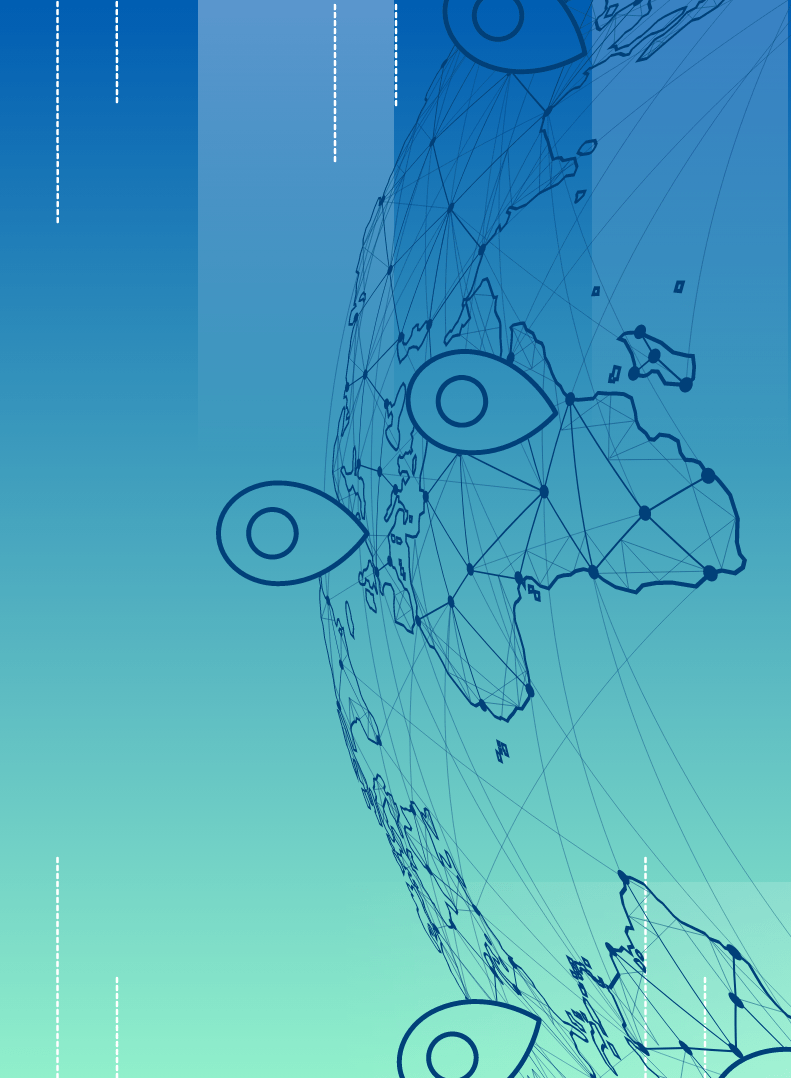

Free Speech, Governments, Platforms: It’s complicated
Georgia Langton
In the digital age, where staying informed and participating in public discourse is heavily dominated by the use of social media platforms, the battle against disinformation has emerged as a fundamental digital policy concern. It raises the question why a growing call for more effective social media regulation has yet to be answered. The answer is simple: The creation of effective regulatory frameworks clashes with the safeguarding of the fundamental rights to freedom of speech and freedom of expression. Balancing the imperative of countering digital disinformation with the need to protect these individual rights is a significant global challenge. This issue sparks controversy both nationally and internationally – primarily stemming from the fear that such measures could be abused to surpress legitimate opinions and enable governments to silence critical voices.
Safeguarding Fundamental Rights
The rights to freedom of speech and freedom of expression and information are enshrined in documents like the Universal Declaration of Human Rights and are reaffirmed in many constiutions across the globe, both offline and online. The provisions of freedom of expression guarantee individuals the right to hold their own opinions and express them without government interference, including through means of demonstrations or public protest. Importantly, the fundamental right of freedom of expression also encompasses the freedom of information, granting to “seek, receive and impart information through any media and regardless of frontiers”. In short: everyone has the right to say what they think and share this information – off as well as online. In practice, however, varying country-specific practices and interprations of these rights contribute to tensions in crafting overarching regulatory frameworks. In Germany, freedom of expression is not an absoute right and can be restricted under certain conditions. Consequently, actions such as insults, incitement to commit crimes or hate speech are not tolerated under the guise of freedom of expression or speech. The freedoms end where other fundamental rights are violated. In the United States on the other hand, free speech is protected by the First Amendment, allowing fewer restrictions by state measures. The divergence leads to legal contrasts where, for e.g. in Germany, the approval, glorification or justification of National Socialism and the Nazi regime is outlawed, whereas in the U.S. the denial of the Holocaust or the display or wearing of swastikas is permitted under the umbrella of these freedoms.
Varying Global Approaches: A Challenge to Regulation
Free speech is undoubtedly an integral principle, yet it is subject to debate whether it can be taken too far. Because of this, states around the globe approach the regulation of social media differently. Notably, states like China, Iran or Russia maintain a strict control over online content and monitor information closely – utlimately surpressing free expression in the digital space. Such variations underscore the challenge of devising universal approaches, but also establish what many citizens of democracies are afraid of.
The Louisiana Court Case
In this context, let’s examine a recent court case from Louisiana, USA, which triggered a controversial public debate in early July. A federal judge ruled that the Biden administration, soon after assuming office, had engaged in unlawful interference with the right to free speech by urging tech giants such as Google and Meta to take more significant steps to counter disinformation on their platforms. The paintiff attorneys general contended that the U.S. governments efforts to collaborate with digital platforms (including weekly meetings with Meta to address false pandemic-related claims), were an attempt to surpress conservative voices. In response, the federal judge issued a preliminary injunction, imposing temporary but far-reaching constraints on cooperation between government and platform operators, limiting the White House and its agencies from exerting influence on platforms’ content moderation, flagging, surpression or content removal efforts. The government attempt to appeal the verdict , arguing that it impeded law enforcement’s ability to counter disinformation, was dismissed by a federal appeals court on September 8th 2023, reaffirming that the administration’s attempts at collaboration most likely exceeded the First Amendment. The case provides compelling illustration of the tension between efforts of social media regulation whilst assuring the aforementioned freedoms.
Thus, the modern digital landscape has ultimately forced us into a delicate balancing act between creating a safe and trustworthy digital space and preserving our fundamental freedoms. The recent U.S. court case and the government’s attempt of countering disinformation clashing with its own (constitutional free speech) rights, serves as a vivid example of the challenge at hand. Moreover, the divergence in regional interpretations underscores the inherent complexity of harmonised international regulation. In light of the decision, even innovative regulatory endeavors like the EU’s Digital Services Act (DSA) could face limitations in the implementation beyond its borders, as the influence of U.S. legislation, driven by digital platforms operating within the United States, remains a common factor.
While the need for regulation to mitigate the spread of disinformation and its harmful effects is evident, especially in acknowledgement of the upcoming Mega Election Year of 2024, it is important to tread cautiously, as the regulation itself may lead to unintended consquences. Vague or unclear approaches may lead to inconsistency in enforcement or even the overall state ability of removing legitimate content or opinion, ultimately stifling free expression. Such challenges are especially exacberated when attempting to globally define and address issues like hate speech, greatly varying in its dimensions across different cultures and traditions.
Thus, as we are challenged with these complex issues, the digital realm remains an environment where protecting individuals rights and preserving overall information integrity of information to safeguard democracy requires ongoing vigilance and transnational cooperation. Finding the right balance of regulating harmful content and upholding the fundamental principles is a task that will continue the to challenge policy makers, tech companies and democratic societies worldwide.



